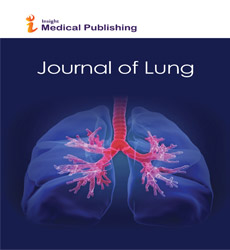The Patho-genesis of Chronic Obstructive Pulmonary Disease.
Abstract
Chronic Obstructive Pulmonary Disease (COPD) is a chronic inflammatory condition of the airways and alveoli leading to airflow limitation, giving rise to chronic cough, sputum production and breathlessness. Classically, tobacco exposure has been commonly linked to causation of COPD. However, many patients develop COPD without any history of tobacco exposure. Exposure to indoor pollution in the form of biomass fuel smoke or occupational exposure to smoke, may also contribute to development of COPD. It is also known that pulmonary function reaches its peak (FEV1) at about twenty years of age and thereafter there is a gradual physiological decline in lung function. Due to any reason (like abnormal alveolar development in intrauterine life), if this peak lung function is not achieved in early adulthood, then a declining FEV1, at the same physiological rate, may give rise to early COPD symptoms and this process may further be hastened by smoke, tobacco exposure, infection etc. Infections like tuberculosis and systemic syndromes like Rheumatoid arthritis, HIV may also give rise to COPD symptoms.
Open Access Journals
- Aquaculture & Veterinary Science
- Chemistry & Chemical Sciences
- Clinical Sciences
- Engineering
- General Science
- Genetics & Molecular Biology
- Health Care & Nursing
- Immunology & Microbiology
- Materials Science
- Mathematics & Physics
- Medical Sciences
- Neurology & Psychiatry
- Oncology & Cancer Science
- Pharmaceutical Sciences
